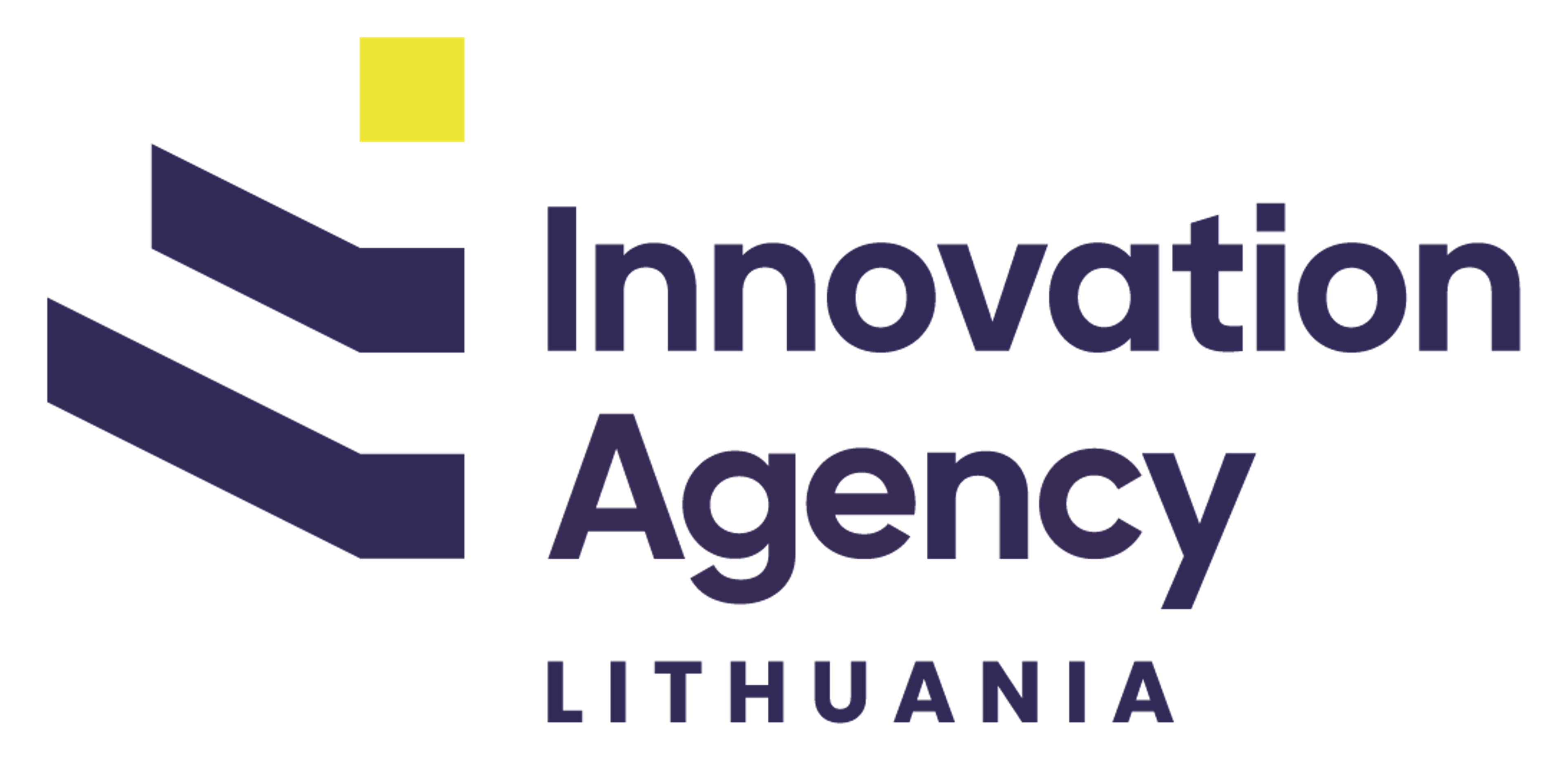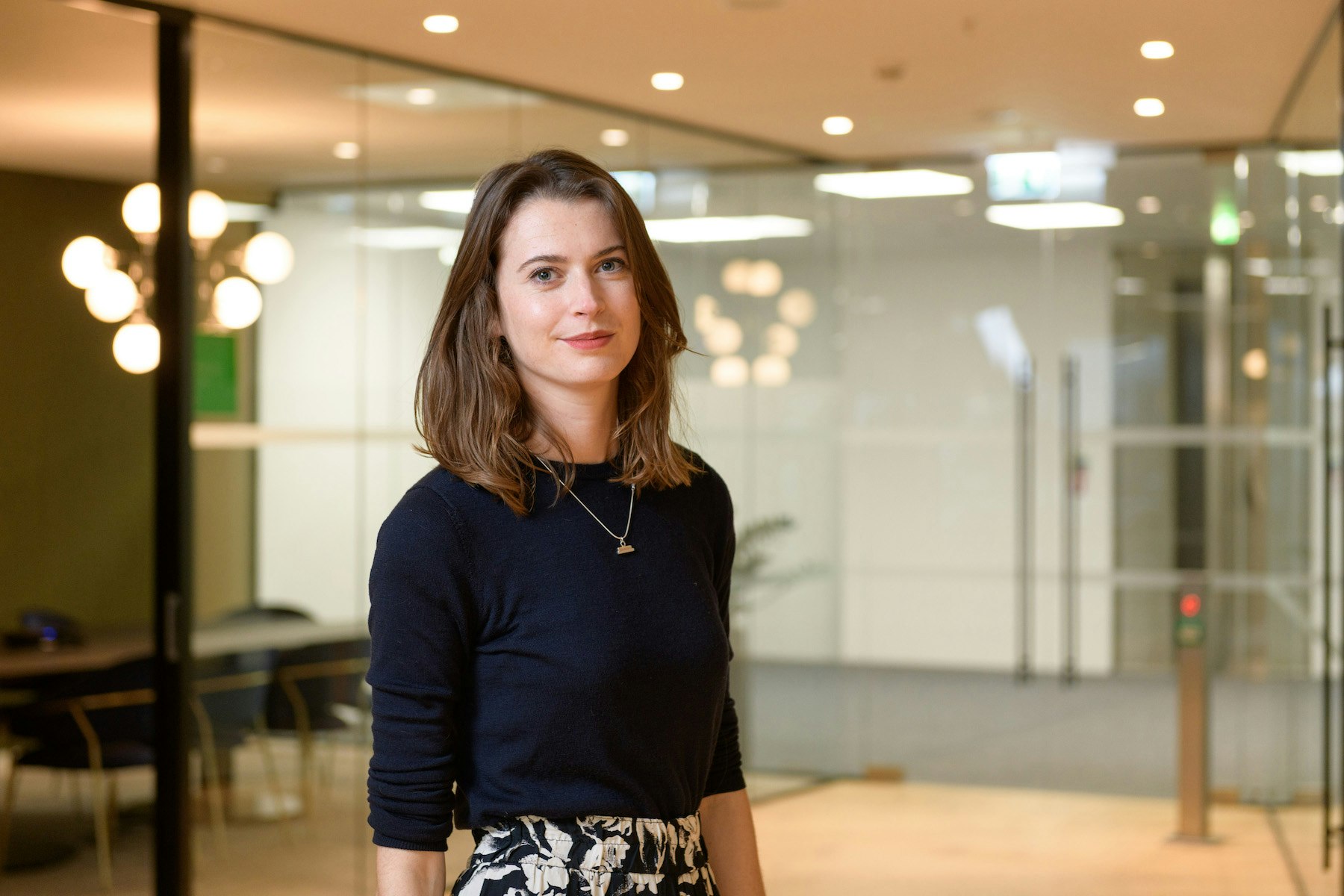Vilnius is at the heart of Lithuania’s growing startup ecosystem: 95% of total funding raised by Lithuanian startups are headquartered in Vilnius, according to Dealroom.
From being worth €500m in 2018, the ecosystem is now worth €8bn — and is home to more than 740 startups, including three unicorns.
What are the factors driving this growth in Vilnius’s startup ecosystem and what are the hot sectors? We asked the experts.
Spinoffs and STEM lead the way
Fintech, biotech, lasertech and ICT (that's SaaS and cloud computing services combined) are all buzzing sectors in Vilnius — and they have proven largely resilient to the wider economic downturn.
Fintech remains the top sector with a combined enterprise value of €537m and a record total of €66m in VC funding in 2022 — up 4.7x year on year. ICT has a combined enterprise value of €5.6bn, laser tech follows at €162m and biotech is valued at €11m.
Biotech is now also merging with IT and there we have all kinds of bioinformatics, artificial intelligence based novel biotech tools in development and so on
The health of these sectors can be attributed to a wide range of factors — strong STEM talent, successful university spinoffs and public funding for R&D.
“There are several universities in Vilnius — and the biggest scientific organisation of Lithuania, the Center for Physical Sciences and Technology (FTMC),” says Laima Balčiūnė, CEO at Sunrise Park, a hub for scientific and other innovation driven startups and spinoffs in Lithuania.
Entrepreneurial universities in the city, coupled with the rise in innovation, has led to a large number of spinouts. “We organise a lot of events ranging from hackathons to pre-accelerators, and every single time at least 50% of the participants are students, including international students,” says Balčiūnė.
Monika Paulė from Caszyme, a gene editing company developing CRISPR Cas technology, says that Vilnius’s strong labour force in software and hardware development has spilled over and fuelled other areas of tech.
For example, she says that Vilnius’s strength in biotech comes from its historical strength in life sciences: “Biotech is now also merging with IT and there we have all kinds of bioinformatics, artificial intelligence-based novel biotech tools in development and so on.”
She emphasises that the collaboration between universities and startups in the form of spinoffs or just in the use of infrastructure drives greater innovation. “Startups often use some services from the universities for a fee or use the infrastructure, which creates this relationship between the two,” says Paulė.
The rise of deeptech and cleantech
Data from Lithuania’s cleantech ecosystem 2022 report by Sunrise Tech Park shows that the cleantech market has grown to €705m over the last five years — and the majority of these startups are located in Vilnius.
We’re now hearing less and less about fintech — and more about biotech, deeptech and cleantech, which is an area that more and more investors are interested in
“We’re now hearing less and less about fintech — and more about biotech, deeptech and cleantech, which is an area that more and more investors are interested in,” says Balčiūnė. “Regulation is doing its job, as there is a lot of incentive to reduce greenhouse gases, but there’s also just increasingly more funds being poured into the sector.”
European fintechs raised $2bn in the first quarter of 2023 — a massive 83% drop from this time last year. That’s less than the total raised by climate tech startups ($2.6bn) and deeptech startups ($2.9bn).
In Lithuania, there’s also the tendency to focus on the energy sector as only a third of its electricity generation is domestic, raising both geopolitical and economical risks, according to the Sunrise Tech Park report. This drives the push for renewable energy technologies and cleantech solutions like hydrogen technologies and electricity storage solutions.
While there are plenty of accelerators and innovation support organisations, only a few focus solely on climate tech as the sector faces the challenge of raising private funding given the longer turnaround times, says Balčiūnė: “The development of climate change related technologies is only gaining momentum — and founders and investors should jump on this train.”
You educate a woman… you boost the economy
Vilnius is attracting global tech talent not just with its thriving startup ecosystem — it also has focused public initiatives like the “Move to Vilnius” campaigns that are targeted at expats. The city’s population grew by more than 5% in 2022, and is expected to top 830k people by 2030.
The country’s family-friendly policies, good quality of life and attitudes around work and gender also attract global talent. OECD rankings placed Lithuania second among the OECD countries with 49% of women in science, technology and innovation.
So we may still not have many women at the C-suite level, but women are becoming founders, CEOs or leading biotech companies — and these are then inspiring examples for other women
“Vilnius has a great environment: I’m currently 10 minutes away from the old town, but I’m also close to a big forest, which will always stay there because it's protected. There’s a lot of schools, daycares, apartments, houses, and everything’s so close — and that's what attracts people. You live in the capital of a European country with everything that it has to offer, and at the same time, it's convenient, and you can also have a work-life balance,” says Paulė.
In contrast to the mass layoffs in tech worldwide, Lithuania’s startups hired talent in 2022, with a 13% increase in employee numbers compared to 2021.
Balčiūnė adds that as an emerging ecosystem, Vilnius — and Lithuania — is versatile. “We were quick to dispose of pre-1990 culture, like a startup we adapt quickly, we find what we like, and we do what we like — we created our own culture where women are scientists, founders and leaders.
“We have initiatives for women empowerment, like Women In Tech, Women4Cyber and the business women association Leaders.”
Paulė says that Lithuanian women also tend to be career-oriented due to cultural and historical reasons.
“Historically, women in Lithuania have always pursued higher education — and that was what our parents and even some grandparents did. So we may still not have many women at the C-suite level, but women are becoming founders, CEOs or leading biotech companies — and these are then inspiring examples for other women.”



